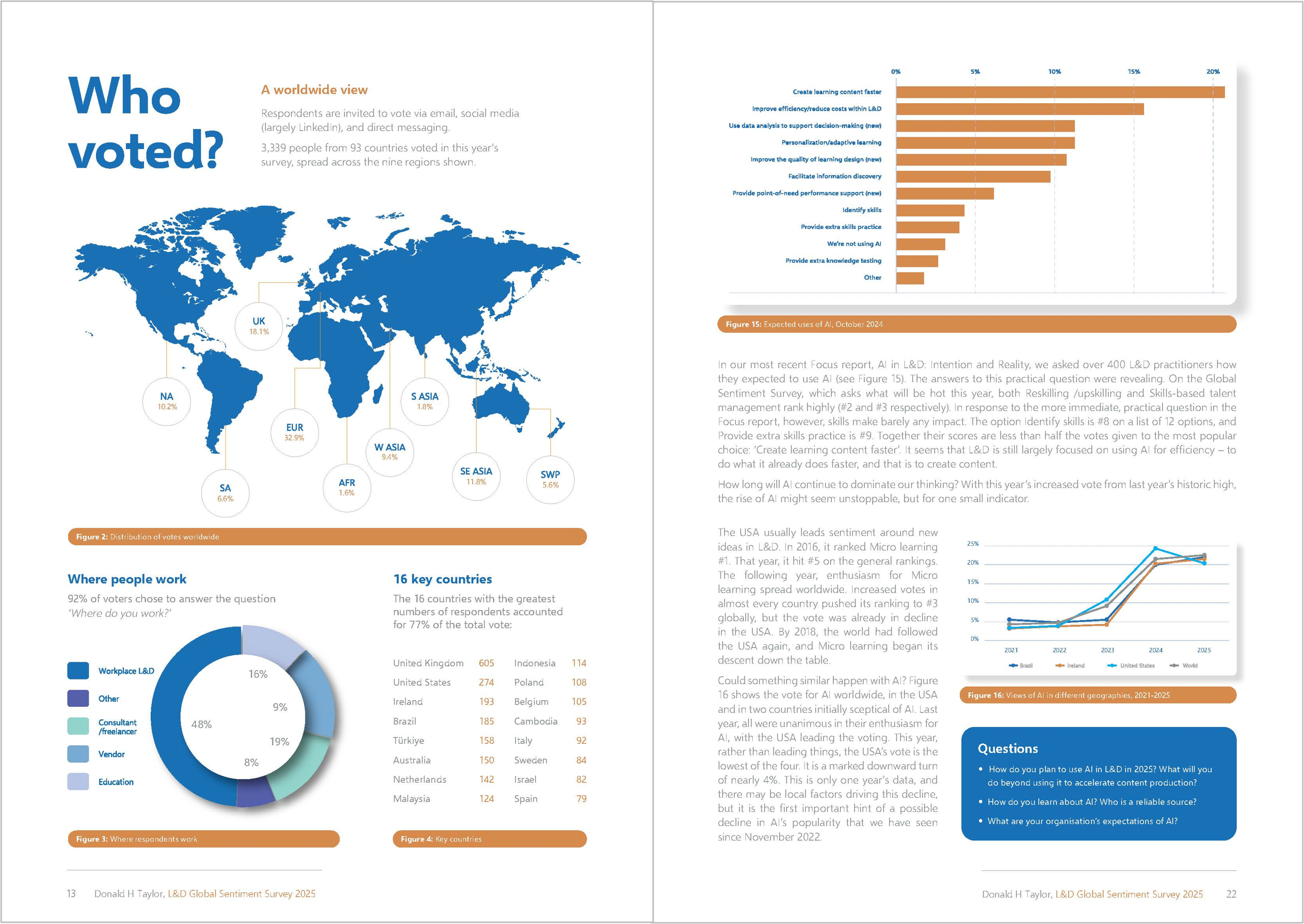Learning Myths

Why do we in Learning and Development love myths so much? Things like:
- You only remember 10% of what you read (Thalheimer)
- The right side of the brain is the creative half (me)
- You only use 10% of your brain (me)
When faced with the mysteries of learning, it’s as if we lose control of our senses and accept the first pop-psychological explanation that comes our way.
But I detect signs of a fight-back, a stiffening of the intellectual muscle of the L&D community – and it started last Thursday when I was on tube…
… I was all dressed up in my black tie on the way to the Dorchester for the IITT’s annual awards. Checking Twitter on my phone at Hammersmith I noticed that Jane Bozarth was trailing a #lrnchatsession on the myths of learning. I couldn’t attend the online conversation because it was too late (1am – 3am UK time), but the session has rightly generated a slew of interest in the myths believed and perpetuated in our community. Paul Simbeck-Hampson has been editing the highlights and they will be posted on the lrnchat blog soon.
Are we really on the way to cleaning up our act and being more critical in what we do? I hope so. Will Thalheimer has been doing his bit in this field for some time – his $1,000 reward for solid data on learning styles remains unclaimed, I believe.
In truth, I’m not sure that I quite agree with Will’s position about learning styles, but that’s okay, because I’m gathering myself for a debate on this later this year – that means doing some reading, some understanding, some polling of expert opinion, preparing to engage in a well-thought through discussion, in contrast to the ‘fire and forget’ commentary that too often passes for debate in our field.
And part of this business of debate is that we have to be prepared to disagree with each other politely, and to examine things we have taken to be fundamentally true for years. Donald Clark (the American, not the Scot) does this well in his recent post The True Cost of Informal Learning. Agree with him or not, he politely investigates some common assumptions and forces us to question them, and that can only be a good thing.
As a community we have to do a little more of this thoughtful questioning , and a little less easy accepting.
You are known by the company you keep, and if we mindlessly repeat something that a moment’s reflection can show to be nonsense, then we are no better than any charlatan who deliberately repeats myths only to make money by offering, for example, the lure of a mythical extra 90% brain power, or a magical increase in memory. Ignorance – in the L&D community of all places – can never be a defence.
Real learning and development professionals don’t need myths. Hard facts and good practice are enough for them.
PS [12 Feb] It’s not just us in L&D. I should have added to this text Dr Will Thalheimer’s marvellous list of Myths the Business Side Has About Learning.


